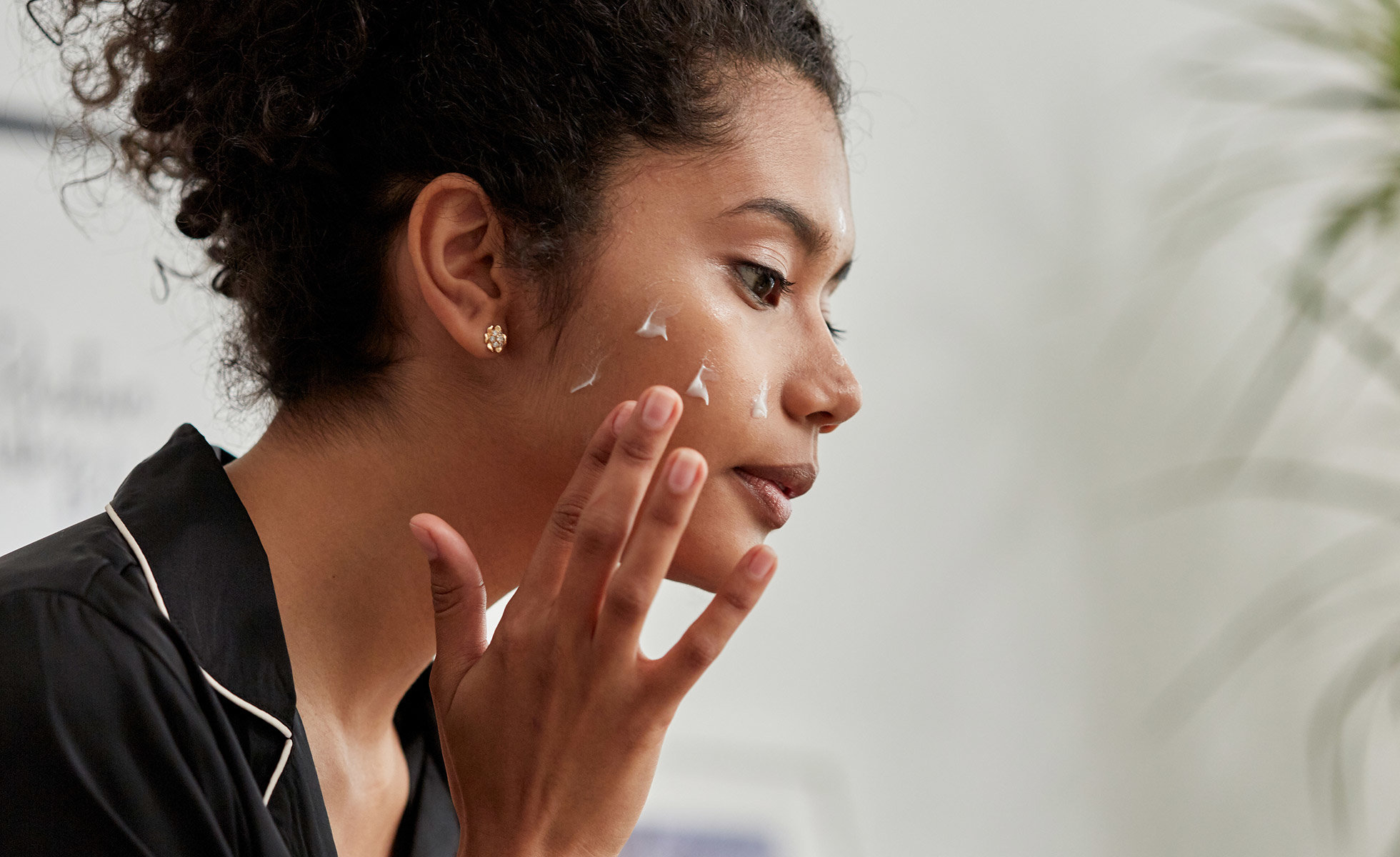Silicones are often criticized in the world of skincare ingredients. Google will show you a number of false claims regarding silicones. They are accused of being toxic, as well as causing the skin to become clogged with dirt, sweat, bacteria, and oil. Does silicone’s reputation as a less-than-stellar product have any scientific basis? We’ll separate the truth from fiction about silicones and skincare.
What is silicone?
Silicones are synthetic polymers made of silicon and oxygen chains. Silicones have a low toxicity chemical reactivity and are resistant to bacteria growth. They’re used in everything from cookware and electronics to biomedical devices, children’s toys, and electronic components.
What are the benefits of using them in skincare and makeup?
Silicones are used in the beauty industry for many different things. Some silicones have a slippery, smooth texture that helps products to spread more easily on the skin. Some silicones can seal in moisture or protect your skin against the elements. In primers for makeup, silicones can fill in pores and smooth the skin’s texture. They also help to control shine. Some silicones can even stabilize active ingredients. Does the product you’re using contain silicone? Search for ingredients ending in “cone” and “siloxane,” like dimethicone or cyclohexasiloxane.
Silicones are bad for sensitive skin.
Many bandages and scar treatment sheets are made from silicone. Dimethicone is an FDA-approved skin protectant. Dimethicone, an FDA-approved skin protector, is used in many applications and scar treatment sheets. Silicones are safe for all skin types, but they’re especially good for those with sensitive or reactive skin.
Do silicones cause acne?
Some people believe that silicones cause breakouts because of their film-forming qualities. But is this true? Although some silicones may be occlusive, science has shown that they are permeable by air and water. They don’t create an impenetrable, suffocating layer on your skin, as you might have heard. According to standard tests, most silicones have a very low comedogenicity rating. We couldn’t find any research that links silicones with acne. It’s important to note that any ingredient could potentially cause acne, depending on the formulation, skin chemistry, and cleansing regimen. While silicones are unlikely to cause acne, they are not black and white.


